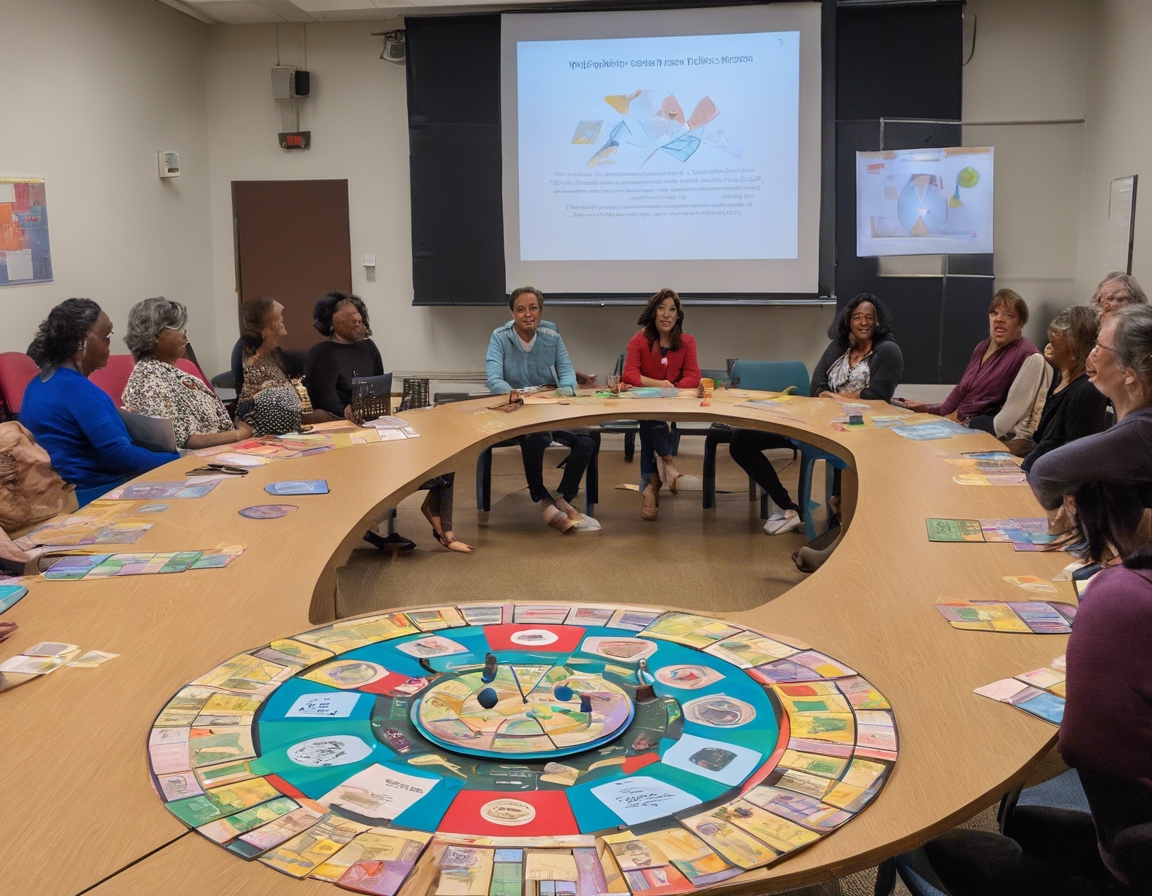The science behind effective learning techniques
Learning is a complex process that involves acquiring new knowledge, skills, and behaviors. It is a fundamental aspect of human development and a critical component of personal and professional growth. The science of learning draws from various disciplines, including psychology, neuroscience, and education, to understand how people learn most effectively.
At the core of learning science is the understanding that learning is not a passive activity. It requires active engagement with the material, whether through discussion, application, or teaching others. Learning theories such as constructivism suggest that learners construct knowledge through experiences and reflections.
Neuroscience has shed light on the physical changes that occur in the brain during learning. Neuroplasticity, the brain's ability to reorganize itself by forming new neural connections, plays a vital role in the ability to learn and remember new information.
Key Principles of Effective Learning
Active learning involves participating in activities that stimulate mental processes beyond passive reading or listening. Techniques such as problem-solving, group discussions, and teaching others are examples of active engagement.
Spaced repetition leverages the spacing effect, where information is better retained when study sessions are spaced out over time. This technique helps to consolidate memories and improve recall.
Interleaving involves mixing different topics or forms of practice in order to improve learning. This contrasts with blocked practice, where one skill or topic is practiced repeatedly before moving on to another.
Retrieval practice, or testing oneself, enhances learning by forcing the recall of information. This process strengthens memory and increases the likelihood of retention over time.
Elaboration involves explaining and describing ideas with many details, which enhances understanding and memory. Explanation requires learners to make connections between new and existing knowledge, thereby deepening their understanding.
Cognitive Biases and Learning
The Dunning-Kruger effect is a cognitive bias where individuals with low ability at a task overestimate their ability. Awareness of this bias can help learners seek out feedback and recognize the need for further learning.
Overconfidence in one's knowledge or skills can lead to the illusion of competence. Techniques such as retrieval practice can help learners accurately assess their understanding and competence.
Technological Advancements in Learning
Technology has introduced a variety of tools that can support effective learning techniques. Educational software and apps often incorporate elements of active engagement, spaced repetition, and immediate feedback.
Virtual and augmented reality technologies offer immersive learning experiences that can simulate real-world scenarios, providing a rich environment for active learning and practice.
Applying Science-Based Learning Techniques
Educational institutions can apply science-based learning techniques to enhance curriculum design, teaching strategies, and student engagement.
Corporate training programs can benefit from these techniques by creating more effective and efficient learning experiences for employees.
Individuals can use these principles to improve their own learning processes, whether for academic purposes, skill development, or personal interests.






Comments (0)